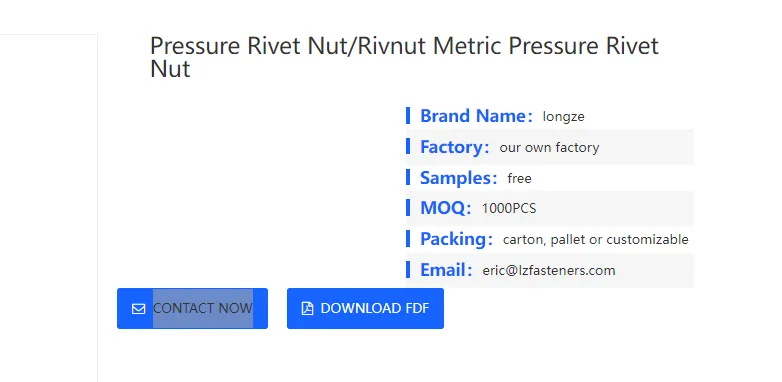

mudguard washer m6
Nov . 16, 2024 16:04 Back to list
mudguard washer m6
Understanding the Importance of Mudguard Washers for M6 Bolts
When it comes to maintaining vehicles and machinery, attention to detail is critical. One often overlooked component that plays a pivotal role in ensuring the longevity and functionality of such equipment is the mudguard washer for M6 bolts. In this article, we will delve into the significance of these seemingly minor components and highlight why they should not be underestimated.
What is a Mudguard Washer?
A mudguard washer is a type of fastener accessory that is typically used in conjunction with M6 bolts to secure mudguards, fenders, or similar components. The M6 designation refers to the metric size of the bolt, which has a nominal diameter of 6 mm. Washers, like the mudguard variety, provide a stable surface for the fastening device, distributing the load evenly and preventing damage to the underlying material.
The Function of Mudguard Washers
The primary role of mudguard washers is to enhance the integrity of the connection between the bolt and the surface it is fastened to. When an M6 bolt is tightened, the mudguard washer helps spread the load across a larger area. This distribution of force minimizes the risk of the bolt pulling through the material or causing it to deform, which can lead to structural failure.
Moreover, mudguard washers serve as a barrier to moisture and dirt, helping to prevent corrosion and ensuring that the fastening remains secure over time. This is particularly important in automotive applications, where exposure to water, mud, and other elements can compromise the integrity of bolts and fasteners. By employing a mudguard washer, you are taking an essential step toward prolonging the lifespan of the components and maintaining overall vehicle safety.
mudguard washer m6

Choosing the Right Mudguard Washer
Selecting the appropriate mudguard washer for M6 bolts involves considering several factors. The material of the washer is paramount; common choices include stainless steel, plastic, and rubber. Stainless steel offers excellent corrosion resistance, making it ideal for outdoor applications. On the other hand, rubber washers can provide superior cushioning and noise dampening, which is beneficial in reducing vibrations and preventing wear over time.
The thickness and size of the washer are also key considerations. A washer that is too thin may not provide adequate support, while one that is too thick may complicate assembly or lead to other issues. It's essential to strike the right balance to ensure that the washer performs its intended function without introducing additional complications.
Installation Tips
Installing mudguard washers correctly is crucial for achieving the desired results. When using M6 bolts, ensure that the washer is placed on the bolt before it is inserted into the required component. Tighten the bolt gradually to avoid overtightening, which can strip the thread or damage the material. Regular inspection of mudguard washers and bolts is also recommended to identify any signs of wear or corrosion, especially in vehicles that frequently operate in harsh conditions.
Conclusion
In conclusion, while mudguard washers for M6 bolts may appear to be small and inconspicuous, their role is critical in ensuring the safety and functionality of various applications, particularly in automotive and heavy machinery settings. By understanding their importance, choosing the right materials, and implementing proper installation techniques, vehicle and equipment owners can ensure that they are taking the necessary steps to maintain the integrity and reliability of their systems. Never underestimate the power of a small washer – it can make all the difference in performance and longevity.
Latest news
-
Hot Dip Galvanized Bolts-About LongZe|High Strength, Corrosion Resistance
NewsJul.30,2025
-
High-Strength Hot Dip Galvanized Bolts - Hebei Longze | Corrosion Resistance, Customization
NewsJul.30,2025
-
Hot Dip Galvanized Bolts-Hebei Longze|Corrosion Resistance&High Strength
NewsJul.30,2025
-
High-Strength Hot-Dip Galvanized Bolts-Hebei Longze|Corrosion Resistance&High Strength
NewsJul.30,2025
-
Hot Dip Galvanized Bolts-Hebei Longze|Corrosion Resistance&High Strength
NewsJul.30,2025
-
Hot Dip Galvanized Bolts - Hebei Longze | Corrosion Resistance, High Strength
NewsJul.30,2025

